Your cart is currently empty!
Category: Blog
-

Weak Reader, Post
As teachers we don’t want children falling through the gaps. Parents of children with a learning difficulty need the same information but a lot more support, ideas and help.
-
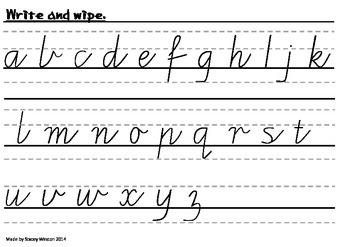
How to Teach Hand-Printing, Post
How To Teach Hand-Printing How to Teach Hand-Printing starts with “Why is it important?” Here is a good reason: “There is a strong correlation between the learning of letter formation and the building of knowledge about letter-sound representation.” Murray Evely (Psych4Schools Psychologist/Guidance Officer) wrote this in 2022 after attending a conference in the United States.…
-
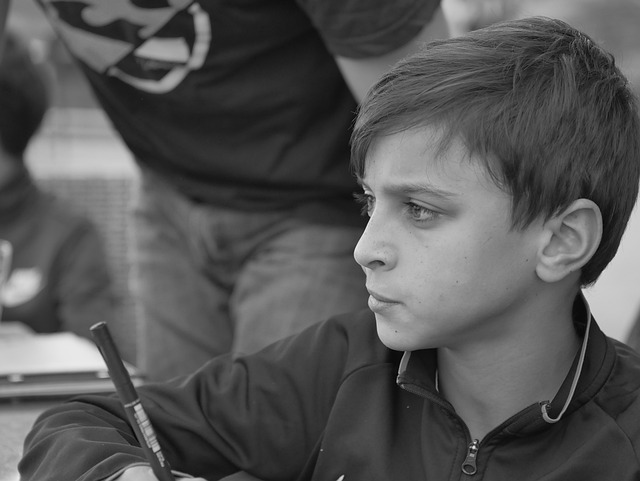
Homework – Relevant and Short, Post
Excessive homework is often at the insistence of parents. But his is about taking control. It is about applying good homework tasks that are based on sound research findings.
-

Autism Level 1, Post
Autism Level 1 In Autism Level 1, known as Aspergers Syndrome in the past, is the focus. How a diagnosis is made: DSM or Diagnostic and Statistical Manual of Mental Disorders, and the ICD, The International Classification of Diseases are the two most influential and widely used handbooks when diagnosing Asperger’s syndrome in English-speaking countries.…
-
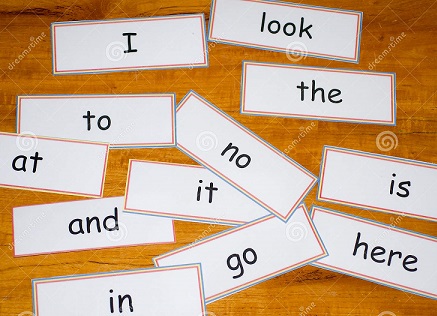
100 Sight Words, Post
One Hundred Sight Words Often called high frequency words The First 100 Sight Words for Prep and Grade 1 is the quick route to reading. It does not change the importance of phonics in early literacy. The purpose of Sight Word Lists for early primary (elementary) school is for quick recognition. These words are frequently…
-

Teaching the Dyslexic Child, Post
Teaching the Dyslexic Child Dyslexia and dysgraphia have been discussed extensively. And teaching the dyslexic child presents special challenges. Research is ongoing and progress is being made. However, Dr Jon Lieff warns that there is still much we don’t know and advises caution in response to new findings (http://www.searchijonlieffmd.com/…/can-neuroscience-improve-education). Much that has been written about…
-
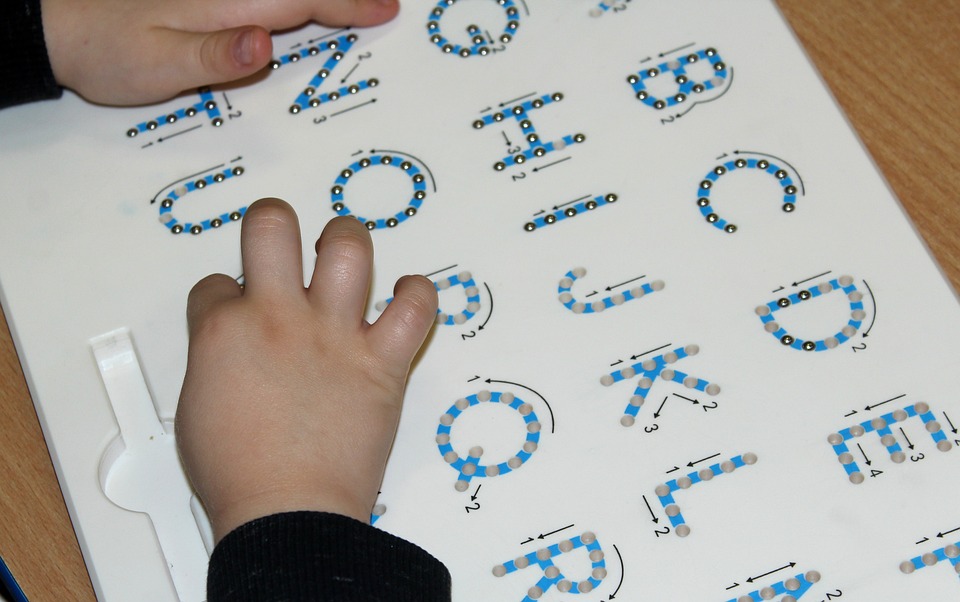
Teaching the Dyslexic Child No 2
Teaching the Dyslexic Child No 2 Dyslexia affects about 4% of children in English-speaking countries. Teaching the Dyslexic Child has particular challenges. The better we understand the facts about it, the better we can address the problem. Many children learn quickly through implicit teaching. They catch on. But dyslexic children need instruction spelled out with…
-

Help With Creative Writing, Post
Help With Creative Writing Help With Creative Writing gives step by step guidance. As parents you can help your child with writing tasks. It could be a creative writing task, a factual account, instructions on how to make something or a recount of an experience of their own. Creative writing tasks often challenge children, so…
-

A is for Algebra, Post
A is for Algebra A is for Algebra is an introduction to algebra. I asked my good friend, Dr David Perkins, to contribute this post. His bio details are at the end of the post. It’s not so hard “If we are to believe television sitcoms, algebra is a branch of mathematics to be feared.…
-
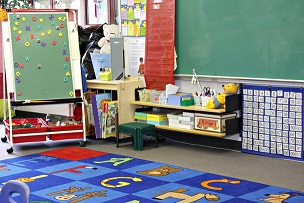
Whole Language Theory, Post
Whole Language Theory Whole Language Theory dominated literacy teaching. In the 1960’s the movement towards the whole language approach to teaching literacy in schools gathered strength. There is a legacy of WLT in schools in Australia. Easy to pick! Children are taught to learn words only within the context of a story or other text;…